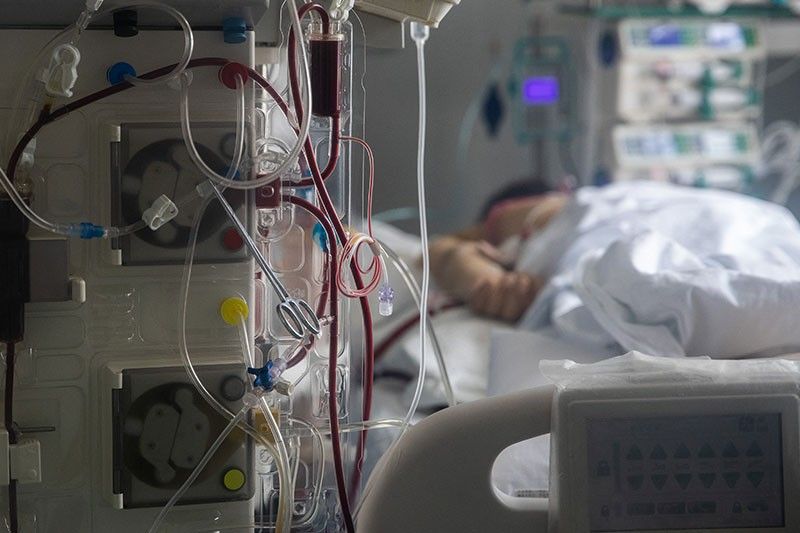'Unprecedented' crackdown on free speech during pandemic — Amnesty

LONDON, United Kingdom — Oppressive regimes around the world have used the coronavirus pandemic to crack down on critics, Amnesty International said Tuesday.
The rights monitor said there have been "unprecedented" curbs on freedom of expression since last year, and lives may even have been lost due to a lack of proper information.
"Communication channels have been targeted, social media has been censored, and media outlets have been closed down," said Rajat Khosla, Amnesty's senior director for research advocacy and policy.
"In the midst of a pandemic, journalists and health professionals have been silenced and imprisoned.
"As a result, people have been unable to access information about Covid-19, including how to protect themselves and their communities.
"Approximately five million people have lost their lives to Covid-19, and lack of information will have likely been a contributory factor."
Amnesty said that by February 2020 in China, where the virus first emerged just months before, 5,511 criminal investigations had been opened into individuals for "fabricating and deliberately disseminating false and harmful information" about the nature and extent of the outbreak.
Tanzania's government under former president John Magufuli used laws prohibiting and criminalising "false news" and other measures to restrict media coverage.
Magufuli, who shunned facemasks, died suddenly in March this year but had denied the virus was circulating in the country, maintaining it had been driven out by prayer.
The Nicaraguan authorities used emergency legislation against cybercrimes to punish anyone critical of the government's response to the virus, Amnesty said.
President Daniel Ortega's government has rejected claims of a shortage of hospital beds and surging numbers of cases and deaths.
In Russia, the introduction of anti-"fake news" laws and criminal penalties in relation to Covid-19 were likely to stay in force once the pandemic is over, Amnesty warned.
The London-based group said such measures were part of an "onslaught on human rights" across the world in recent years, and called for them to be lifted immediately.
It also took aim at the role of social media platforms for not doing enough to stop the spread of false and misleading information about the virus.
That made it "increasingly difficult for individuals to have a fully informed opinion and make educated choices about their health", the group said in a new report, "Silenced and Misinformed: Freedom of Expression in Danger During Covid-19".
"States and social media companies must also ensure the public has unfettered access to accurate, evidence-based and timely information," said Khosla.
"This is a crucial step to minimise vaccine hesitancy driven by misinformation."
- Latest
- Trending































